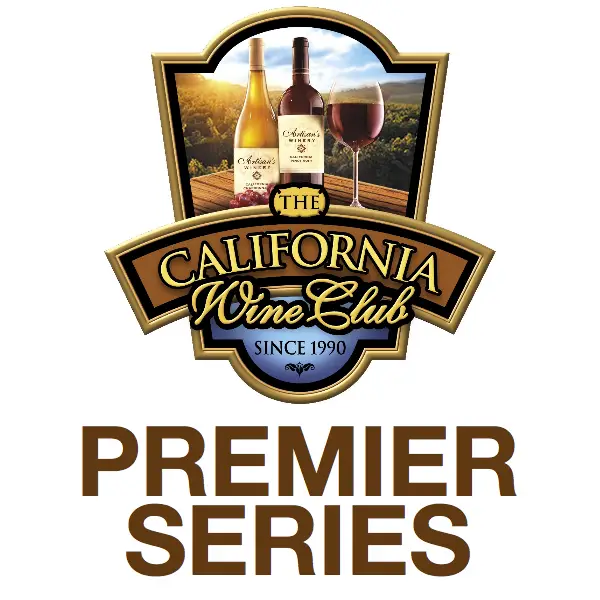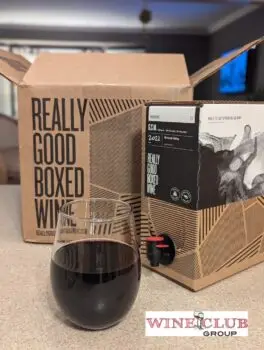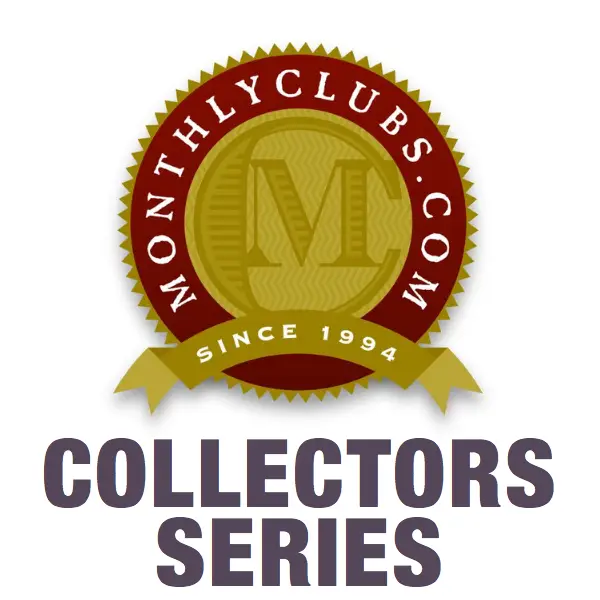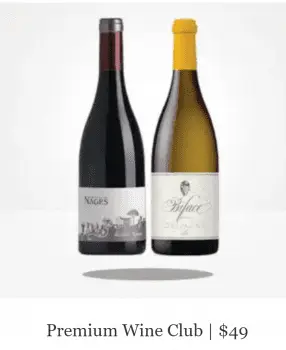Wine Clubs That Ship To Kentucky
Do you want to ship wine to Kentucky? Looking for a wine club that ships to Kentucky? We found some great wine clubs that ship to Kentucky and have listed them below.
You are in luck! As of 2007, Kentucky has made provisions for limited direct shipping from wineries. Any winery with an annual production of 50,000 gallons or less may apply for a permit that will allow them to ship directly to consumers who live in wet zip codes. To ensure this provision is enforced, common carriers, such as FedEx and UPS, are not allowed to deliver to residents of Kentucky. What really matters here, is that there are plenty of good wine clubs that ship to Kentucky — and we've listed them below. In fact, we've also rated them and have our favorite wine clubs that ship to Kentucky featured below. Here are our top wine clubs that ship to Kentucky!
The Best Wine Clubs That Ship To Kentucky
Firstleaf Wine Club Review
They use technology and a fun & quick "taste quiz" to determine your preferred wines. After your first delivery (which is heavily discounted and free shipping), you get to rate the wines they sent you. By giving their wine matching technology this feedback, your algorithm is refined and subsequent wine deliveries are consistently wonderful, ensuring you get the perfect wine ever time.
- Introductory offer: 6 bottles for just $44.95
- Order is shipped quickly, no waiting for wine
- Wines selections are customized for you
- Flexible shipping schedule and specific delivery dates
- Discounts on additional bottles
- Only available in 6 and 12 bottle deliveries
Naked Wines Review
- Unique wines
- Support the winemaking industry
- Free shipping on orders over $100 (otherwise, $9.99 shipping)
- Must order half or full case at a time (mixed)
- Difficult availability
The International Wine of The Month Club – Premier Series
- Available in 2-12 month terms or ongoing
- Mix and match with other clubs including cheese, beer, chocolate, cigars, and flowers
- Email or print a gift announcement
- All Red, All White, and Mixed Packs Available
- No option for one delivery
- Shipping and Handling not included in price
The California Wine Club Premier Series
We reviewed this club many times over, and have enjoyed every delivery. In this review post, we'll share our unboxing videos, photos of the shipments we've received as well as our thoughts on sending this as a gift - and tons more. If you're looking for a great wine club at a great price, this could be your answer.
- Super popular
- Excellent wine
- Value priced
- Nice "extras" in the membership
- Price does not include shipping and handling
Before Prohibition, Kentucky was actually the third largest producer of wine in the country. In fact, the first large-scale commercial viticulture venture in the United States occurred in Kentucky. In 1799, the Kentucky Vineyard Society’s extensive planting proved that Kentucky’s mild climate was an ideal location for wine production. The momentum the state gained from this start of early American winemaking was completely destroyed by the onset of Prohibition, as the grape vineyards were completely pulled out.
If you're not looking to visit local wineries in Kentucky, but rather you'd prefer to have some great wine delivered through a wine of the month club, then continue reviewing our list of all of these great wine clubs that ship to Kentucky!
More great wine clubs that ship to Kentucky
Swirl Wine Shop
- Select reds, whites, or mixed
- Wide variety of bundles
- Frequent coupons and deals
- Bundles from 6-18 bottles
- Pay monthly with no application fees
- Only gift option is gift card
Really Good Boxed Wine
- Have delicious wine you KNOW that you love available
- Drink as little or as much as you want -- the wine stays fresh for up to 6 weeks
- Excellent for entertaining and providing luxury wine to your guests
- FREE SHIPPING
- As a small batch producer of quality wines, they have limited quantity. When they're sold out, you have to wait.
- Although prices are half of those for similar quality wine, it's still not cheap. ($70 a box breaks down to $17.50 a bottle)
The International Wine of The Month Club – Masters Series
The International Wine of The Month Club – Bold Reds
- Only the best bold red wines
- 2 Delicious bottles per delivery
- Not cheap
The International Wine of The Month Club – Collectors Series
Cellars Wine Club Premium Wine Club Review
- FREE Shipping (ground shipping) included
- Never a bad bottle gaurantee
Now, here is some local Kentucky wine industry scoop: Kentucky’s wine industry made a comeback in 1976 when a new state law allowed local farms to grow wine grapes once again. Consequently, many vineyards and wineries began to open, and by 1982, the Kentucky Vineyard Society was revived. Notably, the state established a program that encourages viticulture initiatives by funding half of the startup costs associated with opening a new vineyard. The wine industry has continued to grow, with grape acreage quadrupling from 1998 to 2002.
Currently, Kentucky has 583 acres of grapevines, maintained by over 113 grape producers. Typically, the state produces around two million gallons of wine each year. The majority of the state’s fifty-five licensed wineries produce wines from European, French-American hybrids, and American varietals. Vidal Blanc is the most prevalent, closely followed by Cabernet Sauvignon and Chambourcin. Most of Kentucky’s wineries are located in the central and northern regions of the state and are encompassed by the Ohio River Valley AVA, a region including areas of Indiana, Kentucky, Ohio, and West Virginia. This particular AVA is the largest viticultural area in the country, covering an impressive 16,640,000 acres, though it is important to note that only a small percentage of this land is used for grape production.
Kentucky’s wine industry is supported by several key associations, all of which are great resources for learning more about wine in Kentucky:
Kentucky Vineyards Society
Kentucky Wine Growers Alliance
Western Kentucky Grape Growers Association
Northern Kentucky Vineyard and Winery Association
Be sure to check out vineyards and wineries in all four regions of the state:
Got Grapes? Sponsored by the Kentucky Department of Agriculture, Got Grapes? is an innovative program designed to match grape growers with those looking to purchase grapes for wine production. Winemakers can specify certain parameters for grape growers to follow, and both parties maintain a close partnership throughout the growing season, ensuring that no grape is left is behind!










